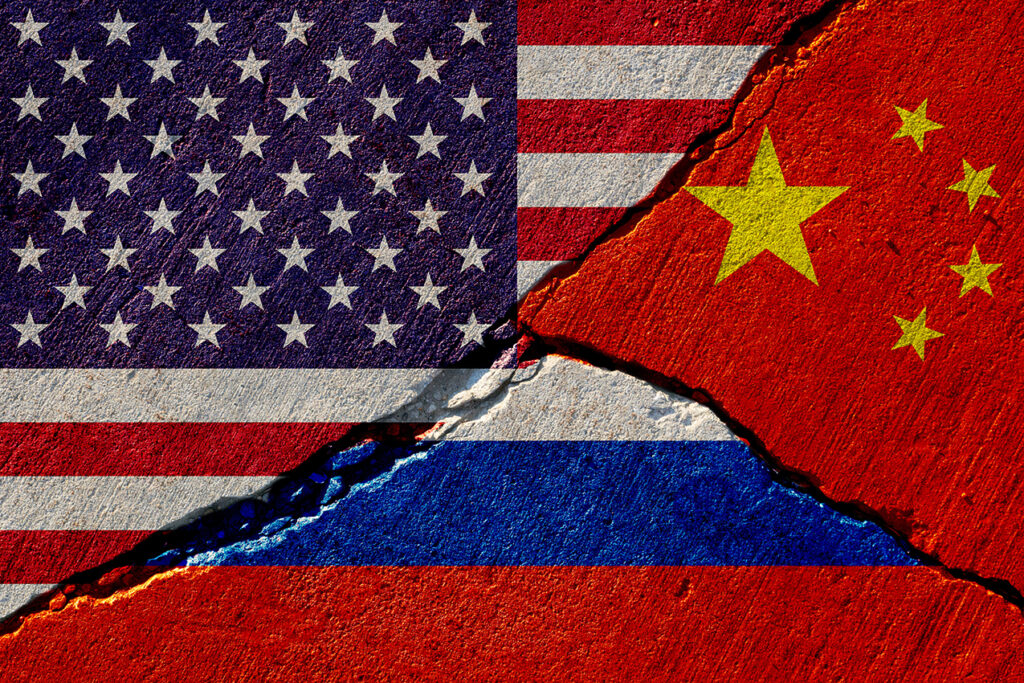U.S. Secretary of State Antony Blinken raised significant concerns regarding China’s support for Russia’s defense capabilities during discussions with Chinese Foreign Minister Wang Yi on Friday, emphasizing that Beijing’s rhetoric about seeking peace in Ukraine is inconsistent with its actions. The meeting took place on the sidelines of the U.N. General Assembly in New York, where the two leaders also discussed several contentious issues, including China’s activities in the South China Sea and enhancing communication between their military forces.
At a press conference following the meeting, Blinken highlighted the alarming extent of Chinese imports to Russia, noting that approximately 70% of machine tools and 90% of microelectronics that Moscow receives come from China and Hong Kong. “This material support is critical for Russia to produce the missiles, rockets, armored vehicles, and munitions necessary to continue its aggression in Ukraine,” Blinken stated. He reiterated that while China professes a desire for peace, its actions contradict this narrative.
In response, Wang reiterated China’s longstanding position advocating for peace talks to resolve the Ukraine conflict. According to China’s foreign ministry, Wang criticized the U.S. for what he described as smear campaigns and unilateral sanctions against China. He urged Washington to halt actions that create divisions and escalate tensions between global powers.
Amid these discussions, China and Brazil are actively pursuing support from developing nations for a Ukraine peace plan, despite Ukrainian President Volodymyr Zelenskiy’s dismissal of the initiative as favorable to Moscow. A meeting of 17 nations chaired by Wang and Brazilian foreign policy adviser Celso Amorim focused on preventing escalation and ensuring nuclear safety in the region.
Furthermore, the White House and the European Union have expressed serious concerns regarding reports of a Russian weapons program being established in China aimed at producing long-range attack drones for the ongoing conflict. Although Wang declined to comment on these allegations during a press conference, Blinken stressed the urgency of pressuring Iran, North Korea, and China to cease their support for Russia.
U.S.-China relations continue to be strained over numerous contentious issues, including the wars in Ukraine and Gaza, U.S. export restrictions on advanced technology, trade tariffs, and human rights concerns. Beijing has repeatedly condemned U.S. military assistance to Taiwan and has called for the removal of tariffs imposed on Chinese goods.
Last year saw a significant deterioration in relations following the downing of a Chinese surveillance balloon over U.S. territory. In an effort to stabilize ties, both nations have made attempts to maintain open lines of communication to prevent competition from escalating into conflict. Recently, U.S. Deputy Secretary of State Kurt Campbell remarked that the challenges posed by China are more profound than those experienced during the Cold War.
Looking ahead, Blinken indicated that a phone call between U.S. President Joe Biden and Chinese President Xi Jinping is expected to occur in the coming weeks, signaling an effort to enhance diplomatic engagement amid ongoing tensions. “We fully anticipate that we’ll see continued communication between our leaders in the months ahead,” Blinken added.



